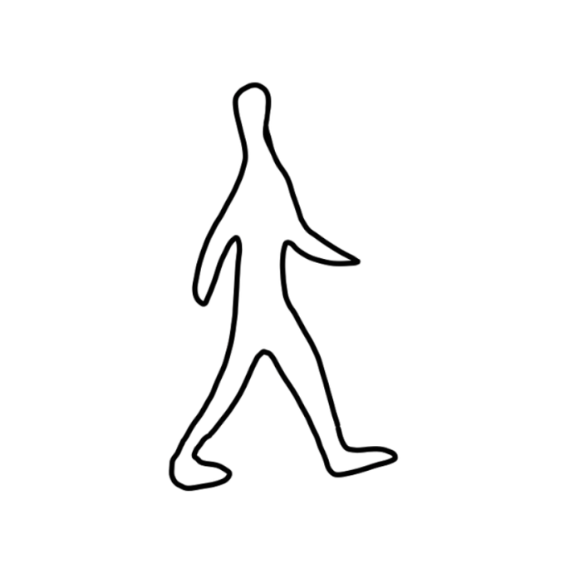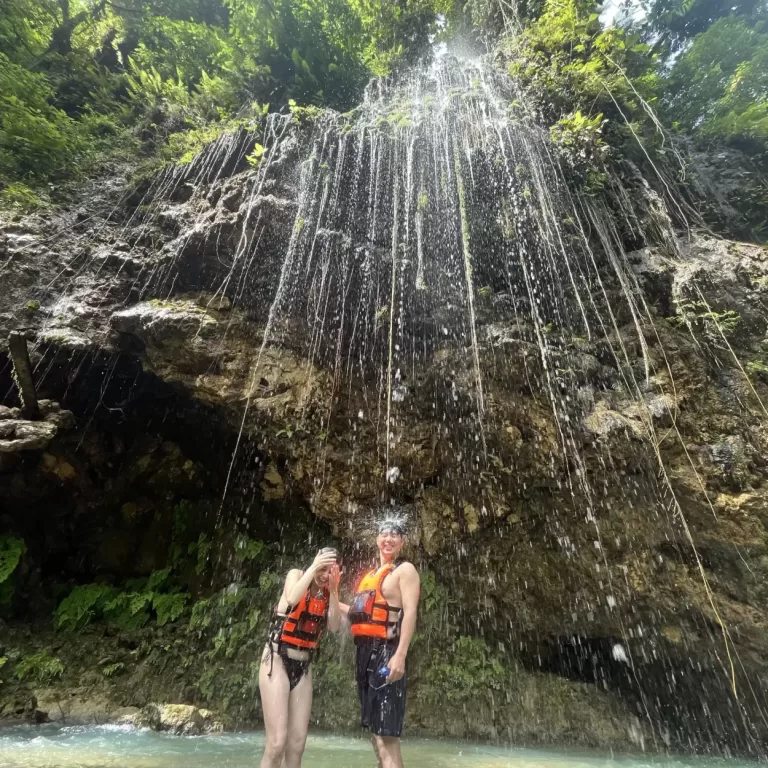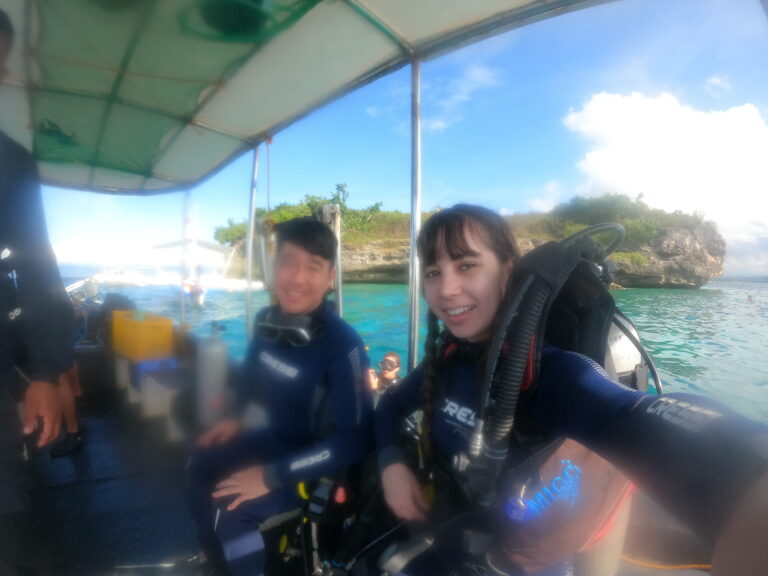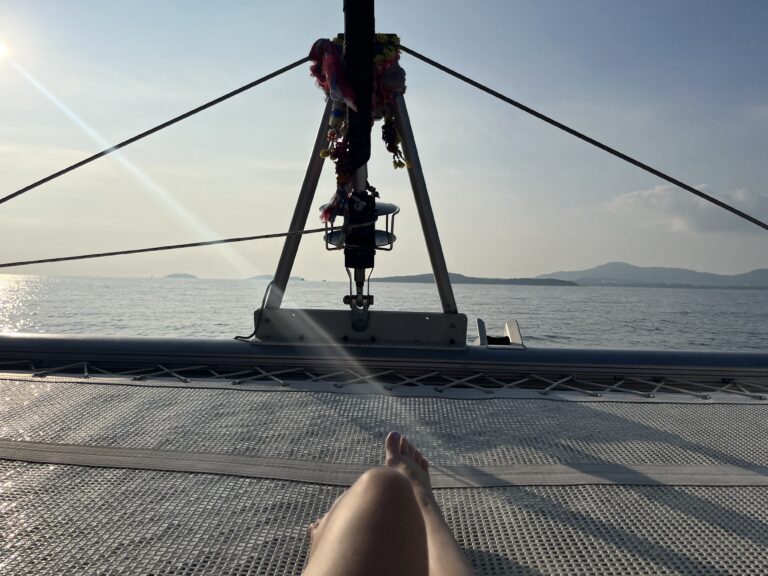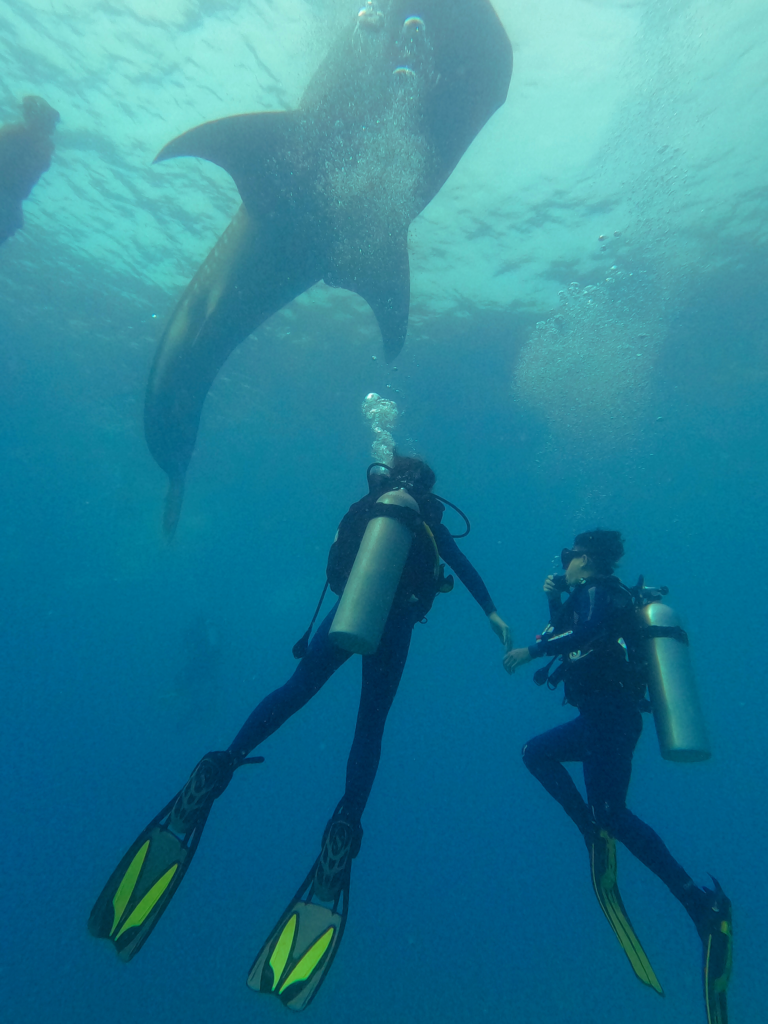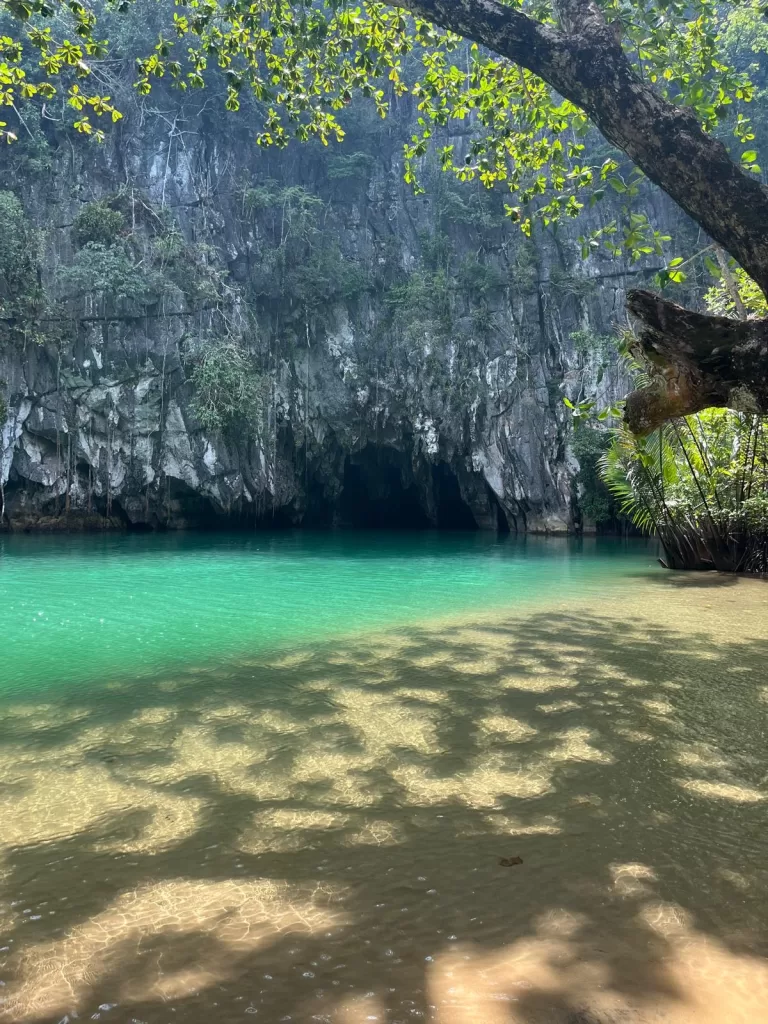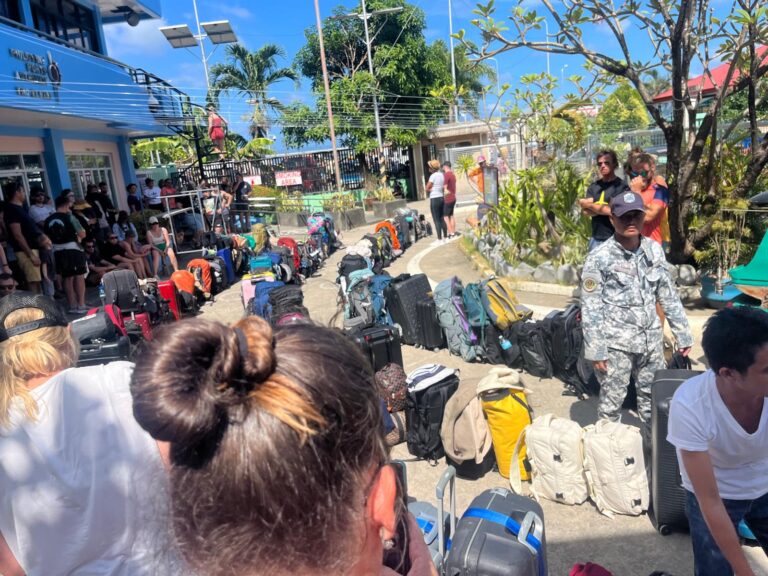My depression recovery story: How scuba diving accelerated my treatment
Medication and therapy were an important part of my depression treatment, but my depression recovery story also includes non-medical ways to rediscover meaning and joy in life. The most effective non-medical tool was an unexpected yet life-changing activity: scuba diving.
Disclaimer: This page may contain affiliate links. If you use these links to buy or book something I may earn pennies at no additional cost to you!
Why I saw diving as a way to recover from depression
Two of my happiest memories involved swimming with marine wildlife—whale sharks in Cancun and dolphins in Egypt. Therefore, when seeking a new hobby scuba diving was the obvious choice. On a late night, I found the energy and courage needed to book a PADI Open Water Course (and a trip!). I chose the Philippines just because it is an affordable and English-speaking location.
Getting to the Philippines, I noticed that the country offered a lot more than just stunning diving and affordability. The warmth and kindness of the locals I came across was paramount for my recovery, it helped me regain faith in humanity. The delicious food and the warm waters made it the perfect place to start my diving journey—an aspect I came to appreciate even more after diving in the colder waters of Brazil and Mexico.
8 ways scuba diving became a leading factor in my depression recovery story
1. Establishing a joyful routine
During my depressive phase, waking up every day was a pain. To be honest, I’d only leave bed when extremely necessary (when I was very hungry or needed to pee).
Doing the PADI e-learning from home and then going daily to a short in-person course was my first step in picking up a routine again. Completing each section of interesting learning materials gave me a sense of accomplishment and led me to start waking up with something to look forward to.
2. Practicing mindful breathing
When scuba diving, each breath is a group of bubbles, and when you’re stressed underwater it is quite obvious to yourself and to others. This visualization (and literal numeric measuring) of my breathing helped me be more aware!
This constant focus on breathing for hours each day marked the beginning of my breathing meditation habit (that I now practice daily from home!)
3. Prioritizing health
It is incredibly dangerous to dive when you feel unwell (you can literally lose your hearing if you dive with the common cold). Seeing other divers prioritize their health over already paid trips and tours was eye-opening to me. It was the first thing that inspired me to travel more mindfully.
4. Finding joy in small things
Every dive was a treasure hunt. Spotting a turtle or a school of colorful fish made me feel lucky to be alive. These little special moments taught me to appreciate the small wonders of life and the beauty of being present. In the vastness of the ocean, it is magical to happen to be swimming in the same spot as a beautiful fish.
5. Realizing that there is so much I don’t yet know
Diving opened my eyes to the fact that so many possibilities and beautiful things exist beyond what I currently know. One day, I booked a course, entered the ocean, and found a new universe! This discovery reminded me that surprising solutions might exist in a space I cannot yet see.
6. Interacting with others and finding shared passions
During my depressive phase, I had little to no interest in talking to new people. After starting to dive, I found myself asking everyone in the dive shop what they had seen in their recent dives, where they were heading next, and what dive sites they recommended. I effortlessly got lots of (long-needed) human connection from an activity I expected to be quite solitary.
7. Embracing physical activity
Scuba diving got me moving more than I had in months even though it is not a vigorous physical exercise. I was inspired to get stronger to handle the heavy oxygen tank on my own, which kickstarted my fitness journey. Now, daily exercise is a part of my routine and I get lots of much-needed serotonin from it.
8. Being excited about the future
After diving in the Philippines and seeing incredible things, I was excited to find out what else is out there. Playing with sea lions in the Galapagos, diving with manta rays in Japan, discovering my home country’s underwater world… the opportunities for epic experiences are endless!
This excitement is in giant contrast to my previous mindset that there is no way that living can be fun!
Important considerations for diving with depression
If you are under treatment for depression and would like to try out diving, please be aware that depression itself and prescription medications must be reported to the dive shop you’re diving with. Before going to your first dive lesson, make sure that your doctor has filled out a form stating that you are fit to dive. For instance, my Dr. had to fill out page 3 of this document.
Diving was part of the treatment, but not a miraculous cure
For me, scuba diving became more than a hobby—it was a lifeline that helped me rise from the dark depths of depression. It provided me with structure, mindfulness, joy, perspective, social connection, excitement, and physical activity.
If you’re struggling with depression, I encourage you to find an activity that brings you joy and dive deep into it. You might find that it is part of the breath of fresh air you need to boost your depression recovery story.
Depression is a serious and dangerous illness, and although fun activities and hobbies can help you get out of it, I highly recommend you seek professional treatment. Scuba diving was just one of the many many things in my depression recovery story that helped me recover excitement for being alive.
Follow me on Instagram and subscribe to my channel on YouTube to learn more about my depression recovery story!
